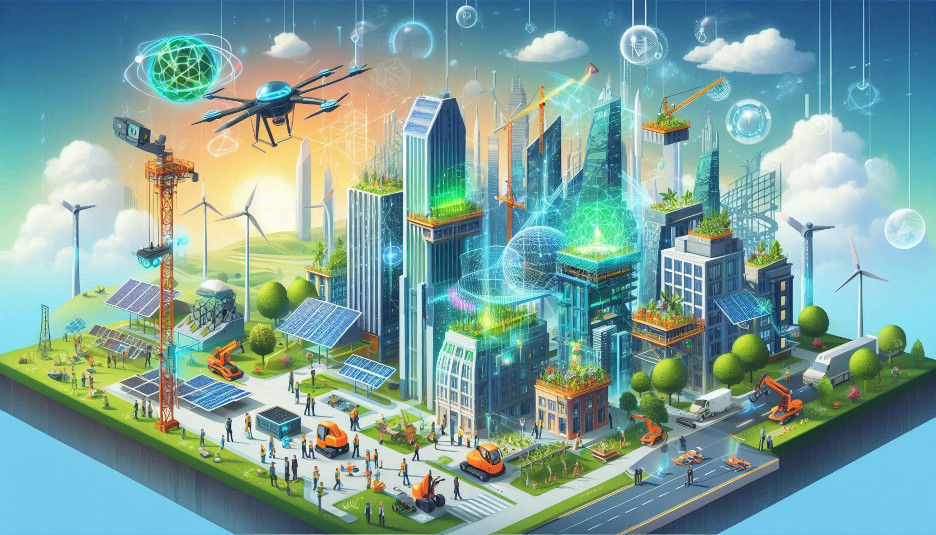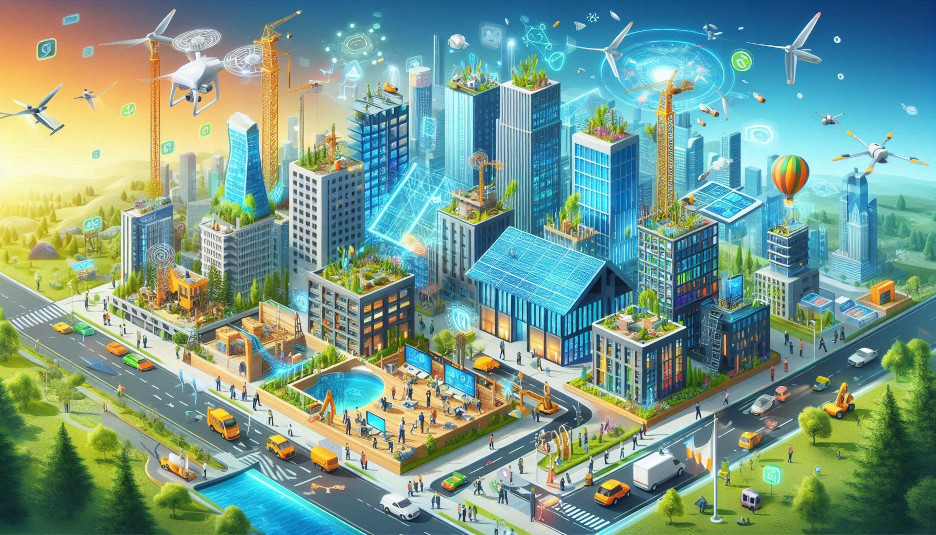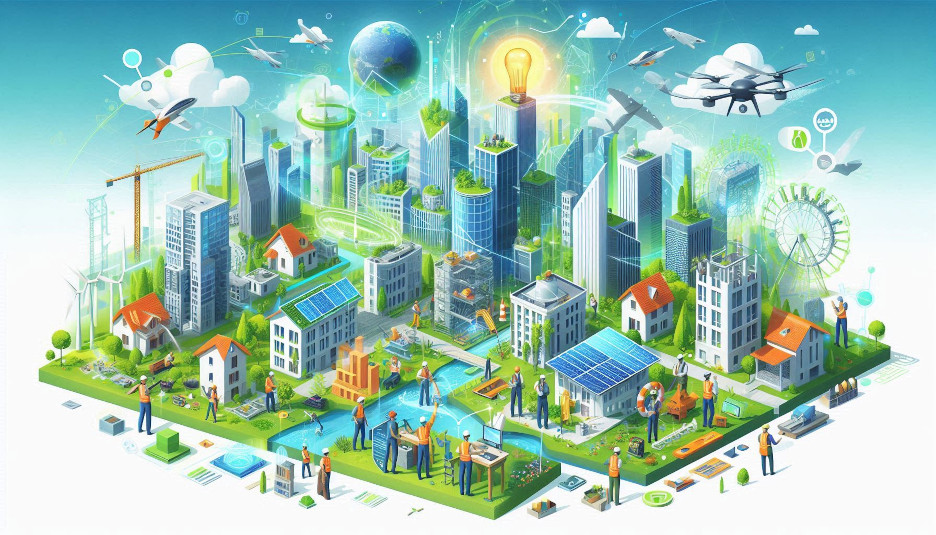The Construction Industry's Digital Transformation
-
 John Fry
John Fry - 25 Jul, 2024

The Construction Industry’s Digital Transformation
The construction industry is undergoing a significant digital transformation, driven by technological advancements that are revolutionizing the way projects are planned, designed, and executed. From Building Information Modeling (BIM) to artificial intelligence, these technologies are improving efficiency, reducing costs, and enhancing project quality.
Building Information Modeling (BIM)
BIM is a digital representation of a physical and functional characteristics of a place. It provides a comprehensive digital model of a building or infrastructure project, including architectural, structural, and engineering information. The benefits of BIM include:
- Improved Collaboration and Coordination: BIM enables seamless collaboration between different project stakeholders, such as architects, engineers, and contractors.
- Enhanced Project Visualization and Simulation: BIM allows for realistic visualizations of the project, helping to identify potential issues early on.
- Reduced Construction Costs and Waste: By optimizing design and construction processes, BIM can significantly reduce costs and minimize waste.
Internet of Things (IoT) in Construction
IoT technology is transforming construction sites into smart, connected environments. IoT devices can monitor equipment health, track material usage, and optimize workflows. Some of the key applications of IoT in construction include:
- Real-time Monitoring: IoT sensors can monitor environmental conditions, equipment performance, and worker safety.
- Predictive Maintenance: By analyzing sensor data, predictive maintenance can be implemented to prevent equipment failures and reduce downtime.
- Smart Construction Sites: IoT-enabled tools and equipment can improve productivity and efficiency.
Artificial Intelligence and Machine Learning
AI and machine learning are revolutionizing the construction industry by automating tasks, optimizing processes, and improving decision-making. Some of the key applications include:
- AI-Powered Design and Planning: AI can generate design options, optimize layouts, and identify potential design flaws.
- Predictive Analytics: AI can analyze historical data to predict future trends and identify potential risks.
- Automated Construction: AI-powered robots can perform tasks such as bricklaying, welding, and painting.
The Future of Construction
The future of construction is bright, with a focus on innovation, sustainability, and efficiency. By embracing digital technologies, the construction industry can overcome challenges, improve productivity, and deliver high-quality projects.
As technology continues to advance, it is essential for construction professionals to stay updated on the latest trends and upskill themselves to remain competitive.
By embracing digital transformation, the construction industry can build a more sustainable and efficient future.


